Pitch Lake is a Natural Asphalt Lake
1As cars rumble continuously down highways worldwide, it turns out some of the asphalt they grip to may come from lakes. Not lakes made of water – but of oil. Case in point: Pitch Lake, a naturally occurring asphalt lake that sits on the southwest coast of Trinidad.
This lake is replenished regularly with oil that seeps in from below and was formed in a similar fashion to the La Brea Tar Pits in Los Angeles and Lake Bermudez in Venezuela.

Pitch Lake on the island of Trinidad. (Credit: Carl Ungewitter via Wikimedia Commons)
Pitch Lake is believed to have formed thousands of years ago when the Caribbean tectonic plate slipped under another. This subduction created pressure between the two plates that pushed oil from deep underground deposits up into a pool.
These deposits concentrate over time and create asphalt (also called bitumen or pitch) that can be used in road construction. On Pitch Lake, a large amount is concentrated at the lake’s surface, which covers about 100 square acres. Beneath, the lake’s oil reaches 250 feet in depth.
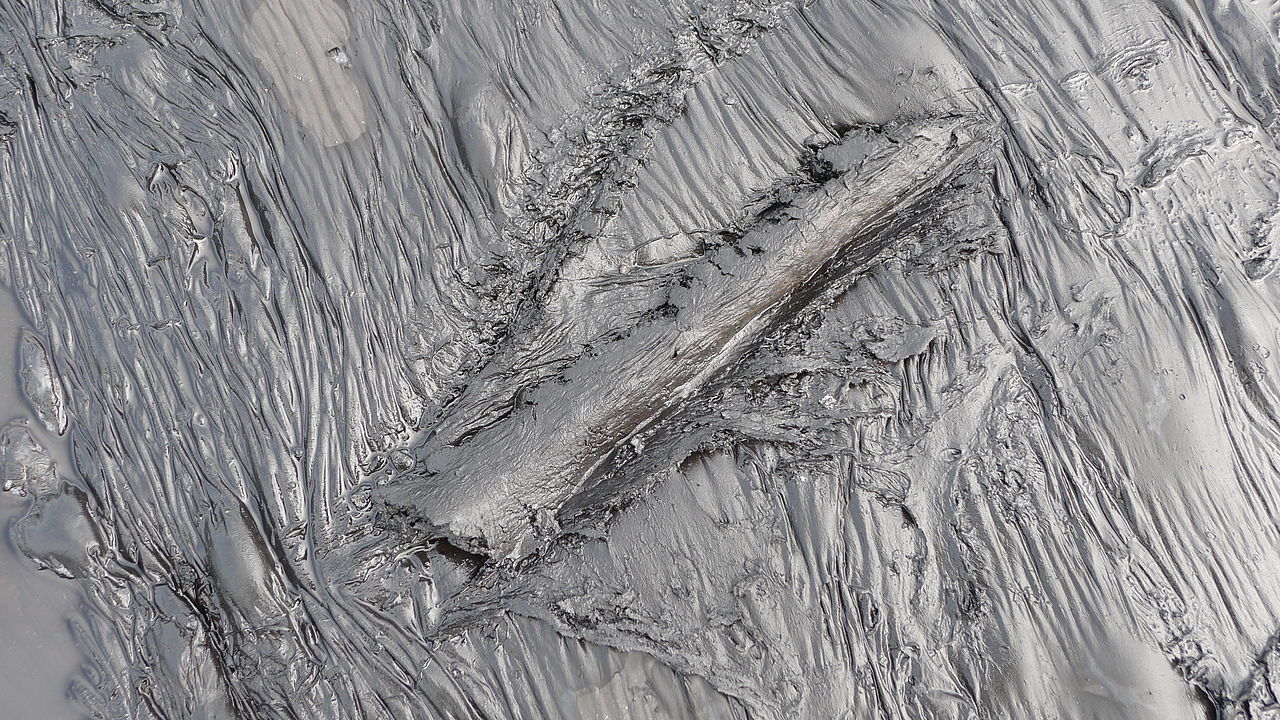
Close view of embedded wood on the surface of Pitch Lake. (Credit: Carl Ungewitter via Wikimedia Commons)
The great majority of asphalt worldwide comes from industrial petroleum, but natural sources contribute to the total, with 70 percent of all asphalt estimated to be used in road construction. Pitch Lake chips in tens of thousands of tons of pitch each year.
Extraction of asphalt from the lake began in 1867 and mining continues today by a state-owned company, Lake Asphalt of Trinidad and Tobago. Pitch Lake’s total asphalt reserves are estimated at 6 million tons, but are steadily replenished from oil below.
Pitch Lake is also called “La Brea Pitch Lake” – brea means tar in Spanish, which is the namesake of California’s tar pits. Similar to the La Brea Tar Pits, Pitch Lake has also been a source of ancient fossilized remains.




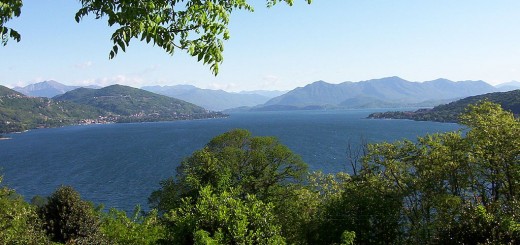
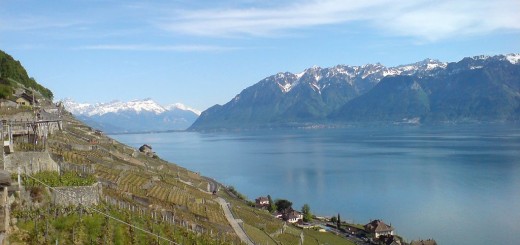
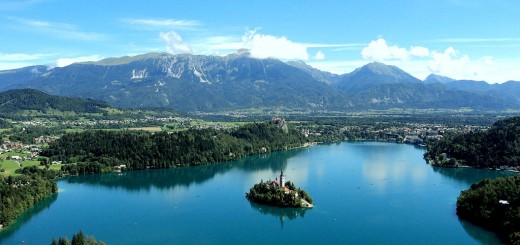
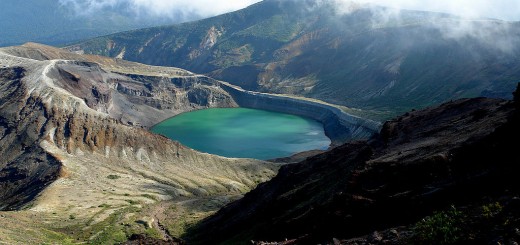

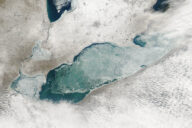


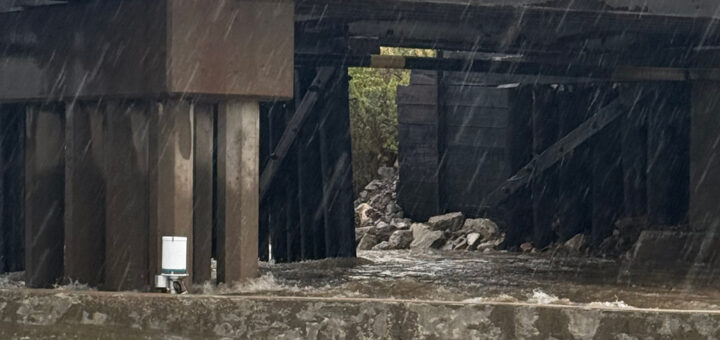
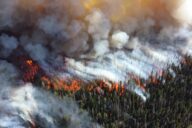
[…] Pitch Lake is a Natural Asphalt Lake […]